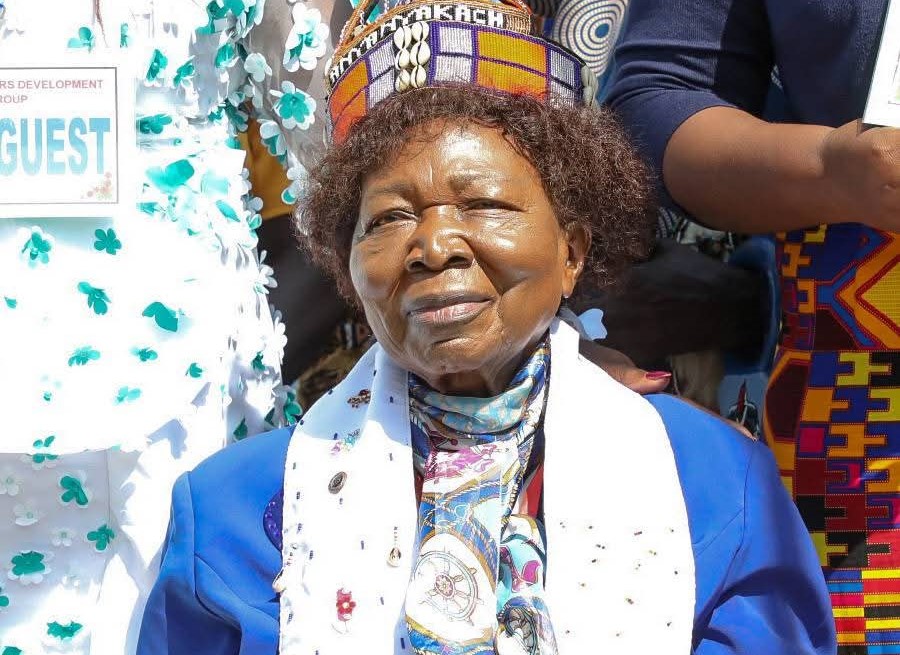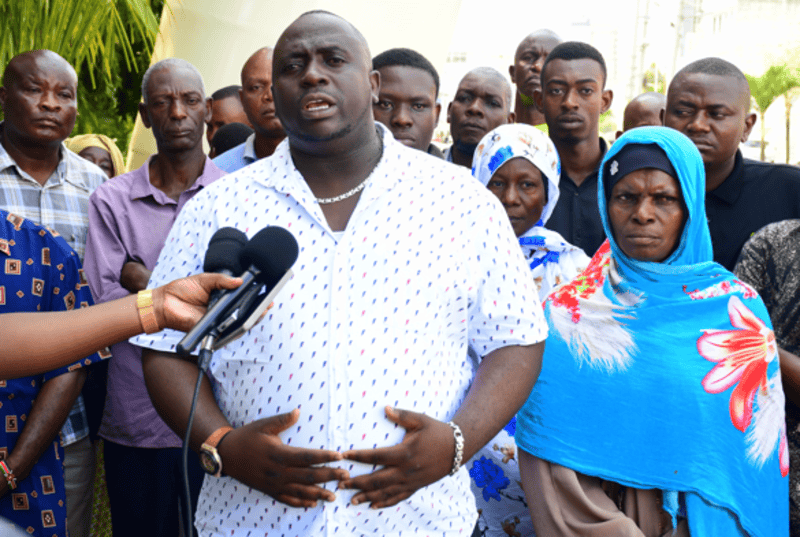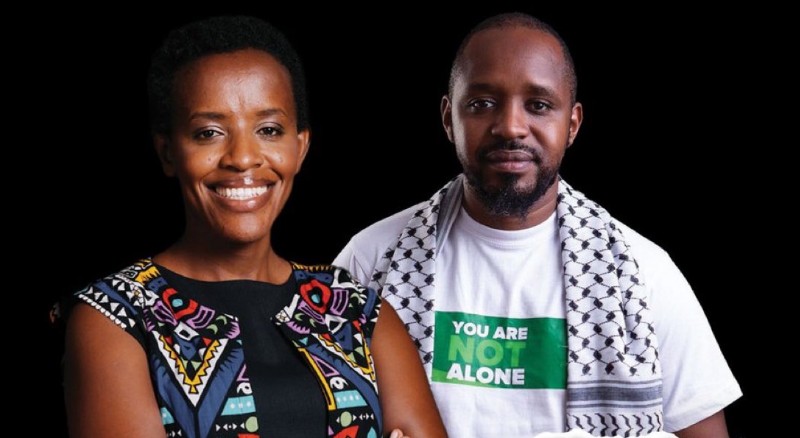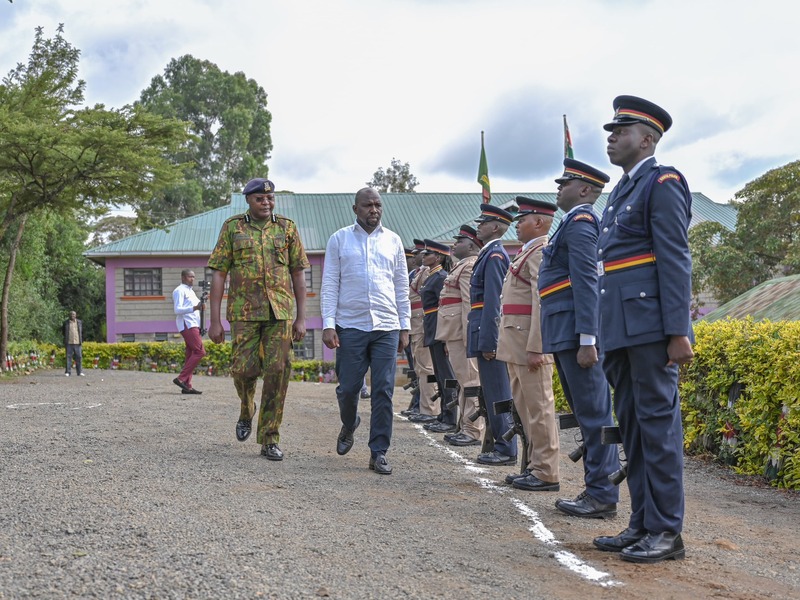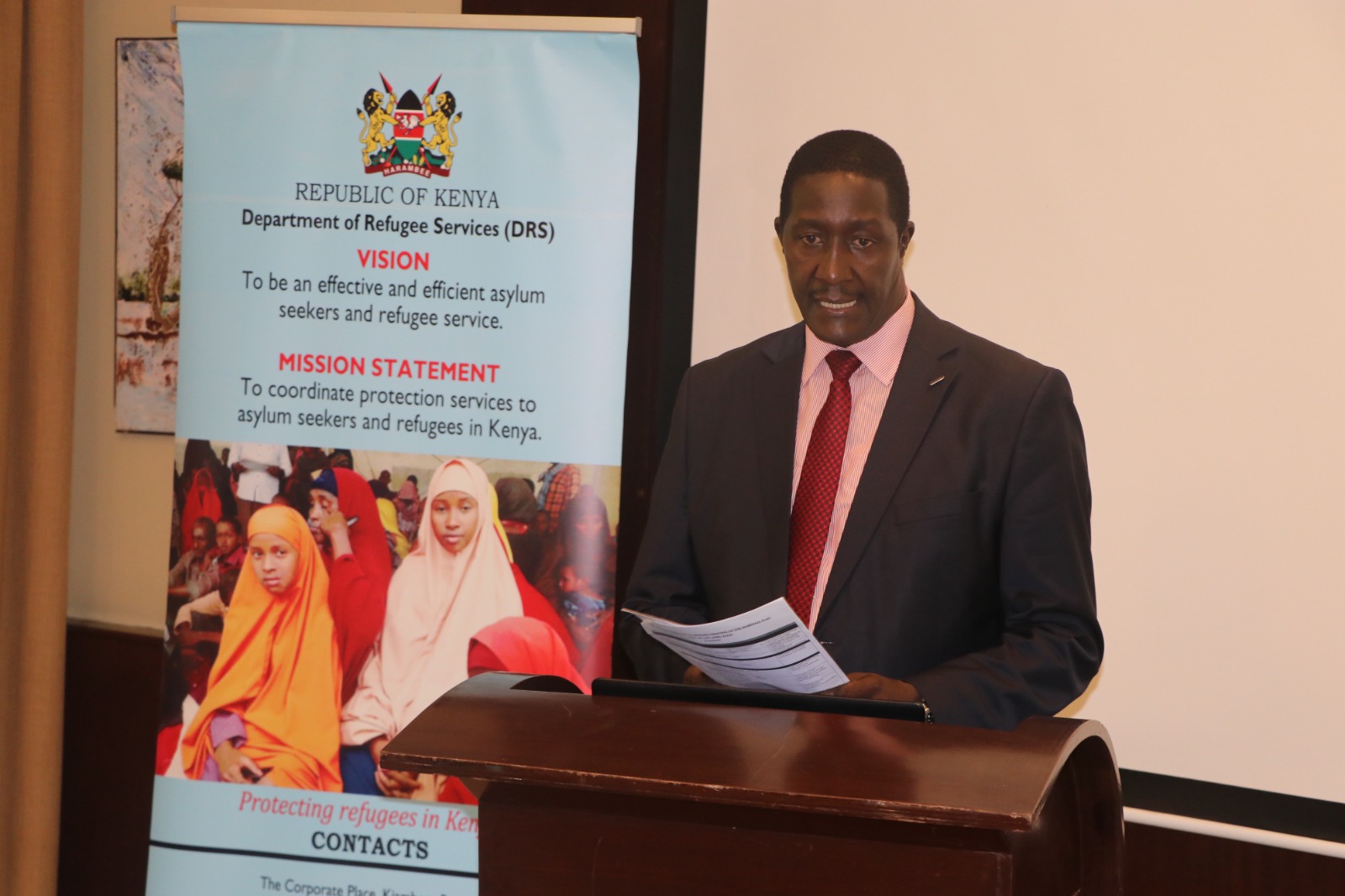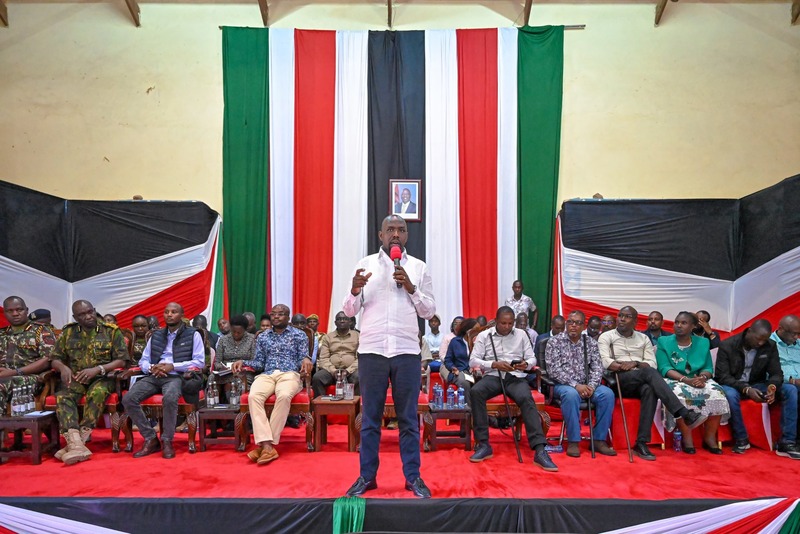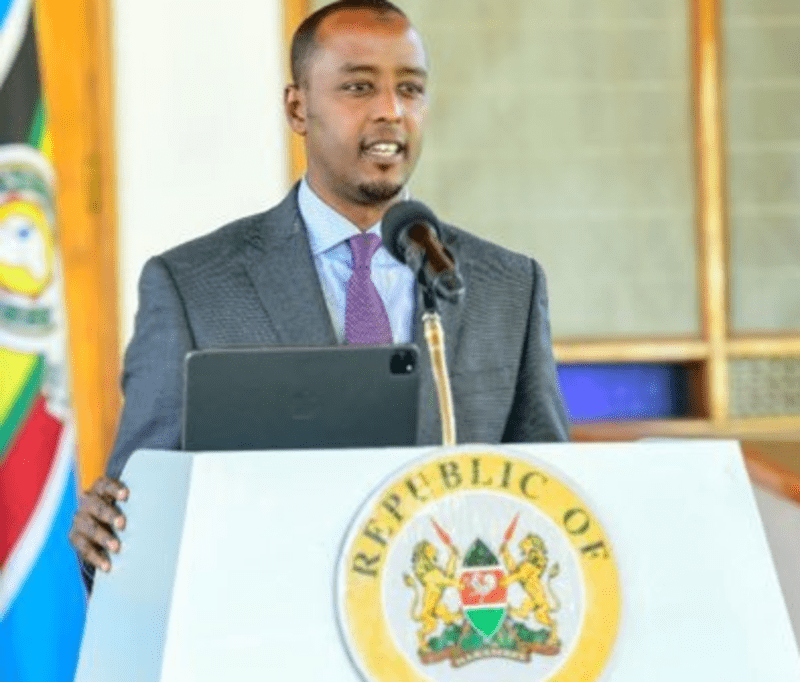Refugees win big as High Court orders citizenship, immigration law reforms

The High Court declared that all children born of a Kenyan citizen and a refugee or persons seeking refugee status are Kenyan by birth pursuant to article 14 of the Constitution and are entitled to all rights and privileges.
The High Court in Garissa on Thursday ordered critical reforms to the Citizenship and Immigration Act, marking a major milestone for refugee rights in Kenya.
More To Read
- WFP receives Korean rice donation to feed 720,000 refugees in Kenya
- Nine Somali youth repatriated after failed bid to reach Europe via Algeria
- Over 2,000 children trafficked, nearly 4,000 displaced in Kenya’s growing child welfare crisis
- Pregnant woman dies during food distribution stampede at Dadaab refugee camp
- How state plans to roll out the integration of refugees with host communities under Shirika Plan
- Senators question rising number of foreign workers in Kenya
The court directed the Attorney General, Dorcas Oduor, to amend the Act within one year in alignment with the Constitution.
In his ruling, Garissa High Court Judge John Onyiego said all children born of a citizen and a refugee or persons seeking refugee status are Kenyan by birth, pursuant to Article 14 of the Constitution, and are entitled to all rights and privileges.
Justice Onyiego said the action by the Registrar of Birth and Death, stamping children's birth notifications with a refugee agency's stamp and entering their names in the refugee database, is in contravention of Article 14(1) and (2) and Article 27 of the Constitution.
"To put a stamp bearing a mark 'refugee' on these children's documents dilutes the significance and legality of the document and amounts to discrimination," said Justice Onyiego.
He added that the restriction of the children's movement in refugee camps results in the denial of better quality of healthcare, housing, water, sanitation and other socio-economic rights, in contravention of Articles 29 and 39 of the Constitution.
"This is unconstitutional and therefore, inconsistent with provisions of Article 53 of the Constitution. Separation of children arising out of unions between refugees and Kenyan citizens from their Kenyan families contravenes article 45 of the constitution on the protection of families as the basic social unit," he said.
Justice Onyiego went on to direct the Principal Registrar of Persons to conduct proper birth registration and issue all children arising from the unions with appropriate birth notification and certificates of birth that do not feature any marking of "refugee".
He also directed the removal of all children born from the unions from the refugee database.
The court further recommended that Parliament amend Section 34 and the attendant regulations to accommodate the documents issued to refugees as necessary documents for the acquisition of citizenship on account of marriage.
Ruling on the failure to recognise the refugee identity card as evidence of lawful residence and requiring refugees to obtain a dependency and work permit, the court directed the Attorney General to, within 100 days from the date of the judgement, prepare an amendment, recognising the documents without the need for proof of residence.
The court also stated that failure to open an office at Dadaab does not amount to a denial of citizenship as there are several counties in Kenya without such an office.
However, he said, depending on the number of applicants, an office can be opened for efficient service delivery.
On citizenship by registration, the court declared that it is not enough for a person living in Kenya for seven years to be recognised as a citizen.
The court clarified that the individual must satisfy the conditions prescribed by an Act of Parliament, citing section 11 of the Kenyan Citizenship and Immigration Act that requires that a person who has been married to a citizen of Kenya for at least seven years shall be recognised if they satisfy the conditions prescribed.
Haki Na Sheria, in a statement, said the decision marks a major milestone for refugees.
"We celebrate a major victory for refugee rights in Kenya, as the Garissa High Court upheld key arguments in a petition filed by Haki Na Sheria Initiative and ordered critical reforms to the Citizenship and Immigration Act," read the statement.
The organisation urged the Attorney General to act swiftly to implement the decision by the court.
They said the refugee families have lived in legal uncertainty for years despite deep social, familial, and economic ties to Kenya.
Top Stories Today
